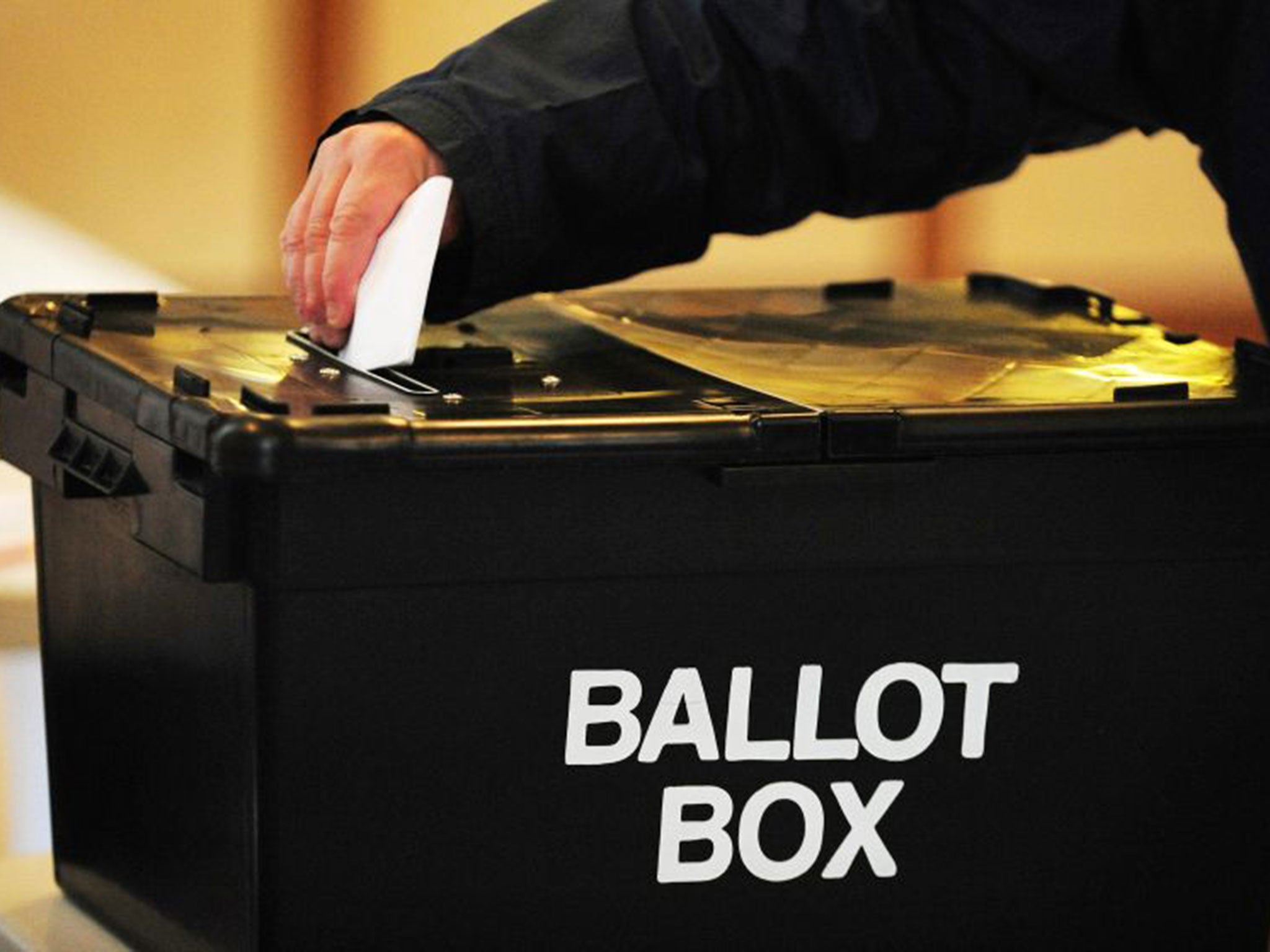Millennials have a right to whinge – just as they have a duty to vote
Outlook

I’d imagine Yelp’s PR people are tearing their hair out after the second furore created by a former employee in less than a month.
The San Fransisco-based internet company first found itself in the midst of controversy for sacking “Talia Jane”, after she compared her life – struggling to live on a bag of rice while on the minimum wage – to that of chief executive Jeremy Stoppelman, whose net worth has been estimated at a quarter of a billion dollars. Next came Jaymee Senigaglia, a single mother who said she had been fired for wanting unpaid leave to visit her boyfriend in intensive care.
The company naturally had a rather different view of the events. Nonetheless the women have sparked much debate including some criticism for acting like “entitled” millennials and expecting their employer to give two hoots about them.
I’m not going to comment on the individual cases but on the issues they raise and specifically that of “entitled” millennials whingeing about their lot, because in the view of this Generation Xer, Yelp’s millennials, and indeed all millennials are entitled to complain about an economic system that is crushing them. In both the UK and the US, the costs of higher education have been soaring, real wages when adjusted for inflation have fallen, particularly since the financial crisis, and housing costs have ballooned.
This austerity measures adopted by this country have disproportionately hit the young, while their parents and grandparents have had their benefits and entitlements largely protected.
Meanwhile wages at the top have reached ever more dizzying heights with little apparent justification. And if those at the top have personal problems, like those of Yelp’s single mother, they are dealt with, no questions asked.
Of course, there is an answer and it holds good on both sides of the Atlantic. One reason politicians (and chief executives) feel they can kick the millennials with impunity is that so few of them vote. If they got out to the polling booths, psephologists would notice, and pass the message on. To improve their economic lot, millennials as a group need to place an X in the box.
Slow down, George – let’s get used to freedom first
The Chancellor, George Osborne, deserves some credit on the subject of pensions. Not so much on the reforms he has pushed through, more on his willingness to take action in the first place.
Even the simplest of pension reform proposals have tended to generate huge controversy when first mooted. That is because a whole industry has grown grotesquely fat on a complex and unwieldy status quo that has served too many people poorly for far too long.
By scrapping the requirement to buy poor value annuities – vaingloriously declared as “pension freedom” – Mr Osborne took a stand against the pension establishment, and caused several chief executives to choke on their claret.
Having got a taste for it – and I can see how listening to some chief executives spluttering down the line might have been entertaining – it is widely expected that Mr Osborne might do it again. He might, in fact, be even more radical in reforming pension tax reliefs, with a nod to boosting his balance of payments by reducing them, particularly to high earners.
It rather makes me choke on my coffee (which might also entertain Mr Osborne) but it is here that I find myself moving to the anti-reform camp, at least temporarily.
Having introduced some of the most radical reforms attempted by any government, Mr Osborne would be wise to take a step back and gauge their impact before pressing ahead with further upheaval. He shouldn’t fear upsetting the pensions industry. But given the long-term nature of the product, and the ructions already created, there isn’t any need to rush.
Will Virgin’s success be copied by other challengers?
“Here come the challengers” was how Investec’s ever quotable Ian Gordon put it, as Virgin Money showed the big four how it’s done with a stellar set of results.
A notable feature was the strength of its credit-card business, where the bank is a year ahead of target.
While Virgin’s buoyancy has yet to be tested against a darker economic climate, it’s beginning to look as if chief executive Jayne-Anne Gadhia learned some of the right lessons from her time as one of Fred Goodwin lieutenants at Royal Bank of Scotland.
The only potential fly in the ointment would be George Osborne’s bank profit surcharge on amounts above £25m, introduced as a replacement to a bank levy that was charged on banks’ global balance sheets and tended to hit the bigger banks harder.
The surcharge would appear to make life tougher for the challengers and it is ironic that a government that has made much about introducing a bit of competitive vim to a previously morbid market might now be acting to stifle it.
Virgin reckons it will cope, and manage a return on equity in the mid-teens by 2017. The big four would be deliriously happy with anything approaching 10.
But can all the challengers say the same? That’s the big question; the banking market needs more than just Virgin to bring it to life.
Join our commenting forum
Join thought-provoking conversations, follow other Independent readers and see their replies
Comments
Bookmark popover
Removed from bookmarks